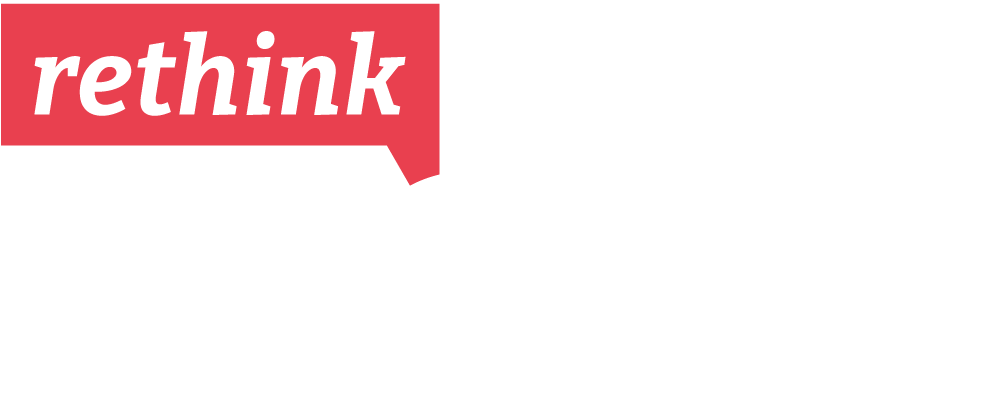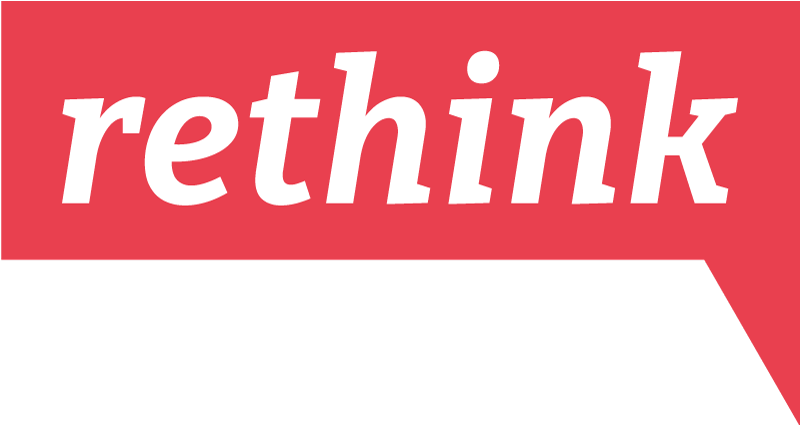Climate change, the war in Ukraine, and the ongoing effects of the pandemic are putting pressure on Europe’s economy. In response to these challenges, companies are reorganising their supply chains. At the same time, innovation is strengthening the resilience of existing supply chains and leading to the creation of new ones. However, structural weaknesses in Europe remain an obstacle. For instance, European universities file significantly fewer patents than their U.S. or Chinese counterparts. Furthermore, corporate innovation in Europe is dominated by a few multinational corporations.
“These structural deficiencies in the innovation system could undermine Europe’s long-term competitiveness. The EU should therefore provide universities with additional funding to improve the transfer of knowledge from academic research to businesses,” says Prof. Dr. Holger Görg, head of the RETHINK-GSC project and research director at the Kiel Institute for the World Economy. The research results suggests that knowledge production increases with subsidies. Tax cuts also positively impact companies’ innovation activities.
Several studies confirmed that the flows of knowledge and goods are closely intertwined. “When setting frameworks, policymakers in the EU should not view innovation policy separately from trade or tax policy,” Görg recommends. It is essential that they take into account the interdependencies between these three policy areas.
Researchers from across Europe
Since October 2022, 31 researchers from eleven European research institutions in Belgium, Denmark, Germany, France, Ireland, Italy, Norway, Austria, Poland, and Hungary have been working on the question: How resilient are Europe’s supply chains in times of war, pandemics, and shifting geopolitical conditions? Over the past three years, a wide range of research reports and publications has been produced on various aspects of Europe’s supply chains.
Overview of the key research findings:
“RETHINK-GSC Reveals Insights on Global Supply Chain Resilience”
Final Report:
Contact:
Holger Görg
Director International Trade and Investment
Kiel Institute for the World Economy
T +49 431 8814-258
holger.goerg@ifw-kiel.de




